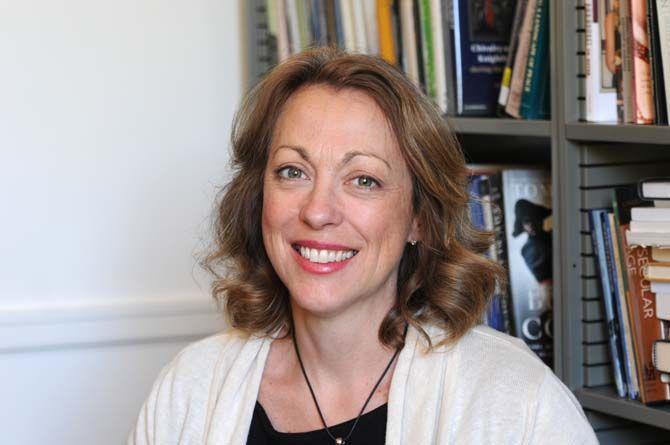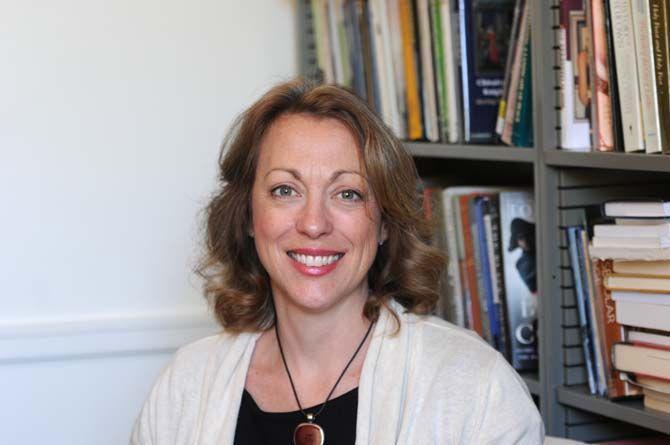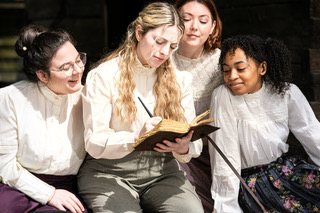The past decade saw millions of people consume the Harry Potter book series and movies faster than you can say “mischief managed.”
At her talk tonight, history professor Leslie Tuttle will try to uncover the reason for this “Pottermania” and why the series resonated so much with muggles.
Tuttle defines Pottermania as the significant cultural phenomenon represented by the record-breaking success of the Harry Potter franchise in modern global culture. The success of the series is particularly fascinating to Tuttle because of the state of today’s world.
Because society has become so technologically advanced, people can see what’s happening right now in virtually any part of the world with an Internet-connected smartphone. Tuttle said she thinks a world this transparent doesn’t leave much room for mystery or fantasy.
“It’s so interesting that millions of people across the globe really enjoyed a set of stories about a parallel magical world we hapless muggles cannot see,” Tuttle said.
During the talk, Tuttle will discuss some of the answers social science and humanities scholars offer to the question of why society continues to enjoy magic and make it a part of everyday life despite the lack of belief in magic.
Tuttle believes the series resonated with so many because it ingeniously combined elements of epics with the story of a young person’s coming-of-age. Author J.K. Rowling’s created world allowed for full immersion into the
story.
“We get to know Harry as a person with emotions and doubts,” Tuttle said. “At the same time we are aware that he’s special with a destiny that makes him important in a cosmic or transcendent way.”
Tuttle said she is interested in getting feedback from the audience members about whether they enjoyed the “Harry Potter” series and any other
magical or fantasy experiences.
Ogden Honors College dean Jonathan Earle helped put this talk together in an attempt to get research faculty into the dorm explaining what ties together their research and teaching agendas.
Earle said Tuttle’s research involves answering questions about how people in Europe changed their views toward the supernatural and world around
them.
“Since we all want more interested students in our classes, foregrounding topics like magic, superstition and witchcraft are a great way to introduce students to the larger question of how the world became modern,”
Earle said.
This talk is the second in a series that periodically brings professors into Laville Honors House to talk about research and teaching issues important to them.
“Pottermania” will be held in the West Laville Library from 6 p.m. to 7 p.m. tonight.
University residential hall to host “Pottermania”
January 28, 2015
____, will be giving a lecture at an event called Pottermania on Thursday, December 29, 2015, where the effect that J.K. Rolling’s series of books has on the current generation will be discussed.









